Our sister-in-law Julie asked us whether we were still happy with our decision to come to
Kenya and if the experience was what we thought it would be.
She also wondered if time was flying or crawling by.
Her questions stimulated a long conversation between Paul and me and here’s what we would say.
Yes. We are unequivocally happy to be in Kenya. It’s not exactly what we expected but what experience ever matches your anticipatory musings about it? It’s better in many ways and not as good in a few. It’s still hard to believe we are here. At times we have looked at each other and asked “ Can you believe we’re in Africa?” Our reality is so dramatically altered that it makes it hard to wrap our minds around it. It feels like we’ve been here much longer than 6 weeks. Not that we want time to fly by but our perception of time is altered too. This very morning I asked Paul if it was Wednesday.
We laugh about wiping insects out of our coffee cups in the mornings and the occasional extra protein we get when one flies into our mouths or lands in our cooking pot. We like falling asleep to the sound of waves and are starting to get used to the other interesting sounds at night. Hard rains keep us up at night but then as volunteers we can nap in the day if we need to. We don’t mind sharing our quarters with salamanders and geckos and I enjoy the hens that come in to the cook house to peck at crumbs or the birds or bats that sometimes fly through. It’s very easy to get used to living compatibly with nature.
We wish we were 20 years younger in health and vigor but otherwise feel this is the perfect time in our lives to be here. Having a bit of experience and the mellowing that comes with time has made our transition much easier. Time moves slowly here. The days linger, there’s no rush to do anything. There’s always tomorrow. We feel very relaxed and are learning to enjoy the simple things in life- like how delicious a fresh pineapple can taste.
Here's another lesson. Recently we asked to have a leak in our roof fixed and the maintenance crew came by 2 weeks later to fix it. Being Americans we were a bit surprised that it took 2 weeks to get it fixed but if we asked ourselves whether the delay really mattered we’d have to say, in all honesty, that it didn’t. It’s TIA- time in Africa. I think we Americans worry too much about things that don't matter a bit. And so one of the lessons to be learned here is to lighten up and let go. Jump into the stream of African life and just go with the flow, wherever it takes you.
There is a lot of disease due to infection here yet we have not been sick a day (knock wood). We take Doxycyline every day to prevent the #1 cause of illness- malaria. We drink rain water that is collected in a cistern and then filtered. We wash our dishes from tap water that comes directly from the lake then leave them outside in the sun to “sterilize”. We shower using lake water but are careful to keep our mouth closed.
We miss our families and friends so having Internet access has been a real blessing. Our son Kevin moved back to CO from TX and we wished we were there to greet him but he emailed today to say he is there safe and sound. My sister Michelle got married this past weekend and my siblings Francesca, Karen and Jim flew to NH for the celebration. We wished we were there but having Karen send funny emails several times during the weekend made us feel as if we were. What did previous volunteers do without it?
The Kenyan people are much more welcoming and generous of heart than we could have imagined. The reaction we get when people first see us is both a source of joy and amusement for us. We still enjoy the way kids yell in excitement when they see us then run at us to try to be the first to shake our hands. Sometimes though we wish we could walk unnoticed in the village or countryside. It would be nice to have a “cloaking device” to make ourselves invisible.
We're so insulated from news that we didn't even know if both Democrats were still in the presidential race until our friend Kim told us so. We sometimes are able to pick up VOA or BBC newscasts on the radio and also check Internet news at times. People in Kenya are very interested in the US race because of both Clinton and Obama. Bill Clinton was and is well liked here and that goodwill is extended to Hillary. And of course having an American presidential candidate with a Kenyan father is very important to the locals. They wonder aloud if Obama has a chance to win in America. It’s a good question. His name is common enough here that one of the staff in our lab is named Samuel Barak Obama. (we also met a young boy who told us his name was George Bush. Paul thought he was kidding and responded “and my name is Osama bin Laden”. The laugh was on us when we later found out he really was named after our president).
The work is interesting, challenging, frustrating, eye opening, satisfying and even sometimes boring. Jeevan spent his months here making the Patient Support Center (PSC) a well organized system for addressing the needs of our HIV infected adults.
He created such a stable operation that when he returned after the crisis, he found the clinic had run smoothly in his absence. He had made himself redundant by making the staff self sufficient. That’s the #1 goal of volunteers. Now our mission is not to screw it up.
The PSC provides medications to prevent opportunistic infections (infections that take hold when a person’s immune system is depleted) to every adult with HIV, and antiretroviral treatment (ART) to those who need it. Our clinic gets the antiretroviral medications (ARV’s) indirectly from the CDC. The money comes from PEPFAR – the President’s Emergency Plan for HIV/AIDS Relief- through the CDC, then through 2 NGO’s (non-government agencies) in Kenya who subsequently purchase the meds and give them to our clinic for free. (I promise- no more acronyms) Before PEPFAR no ART was available at our clinic and so there’s some unease because the funding is only secure through 2008. Will the next administration continue funding?
There are so many organizations funding work in Africa that it’s hard to keep it all straight. The big question is…has it made a difference? There’s a well documented link between poor health and poverty so has battling disease in poor countries for the last 20 years improved the economies of those nations? Can you address disease prevention if basic needs are not met? If there are 900 million people in Africa and even 10% are infected that’s 90 million people who need treatment. We know in Kenya the life expectancy has dropped by 20 years in the past 20 years. In other words, life expectancy for Kenyan men was 62 in 1988 and is 42 now, 37 in some regions. That’s in spite of great strides in the prevention and treatment of other diseases like malaria.
So what has changed? Here’s one thing. In the 1990’s Lalmba Kenya lost about 10-12 staff to HIV. Now, even though 50% of our staff is infected, they are all in treatment and all doing well. So that’s a small victory for Kenya but a huge success for those individuals.
Next time I'll write more about the work here for our medical friends. Keep your feedback and questions coming.
We like hearing from you.





























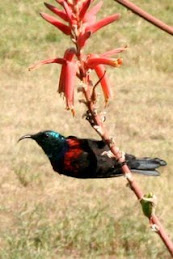
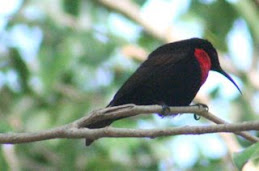
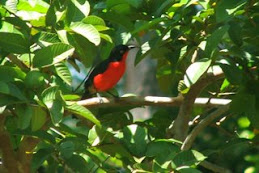
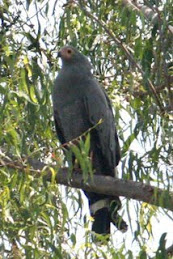






































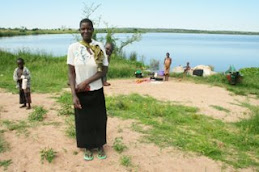

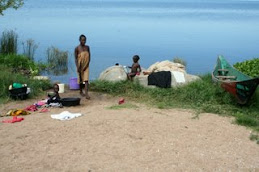

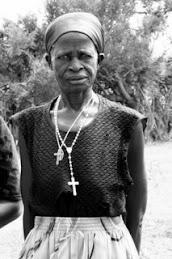






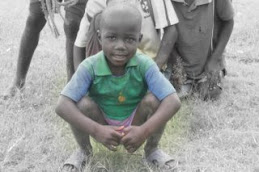


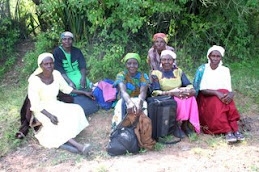

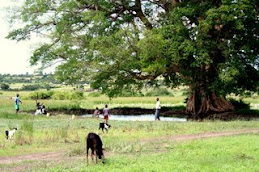
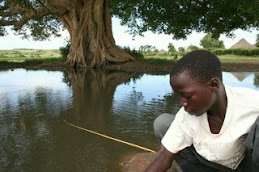
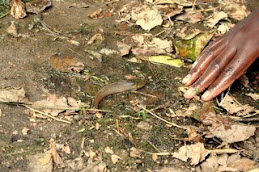



























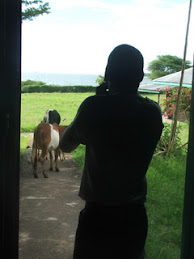

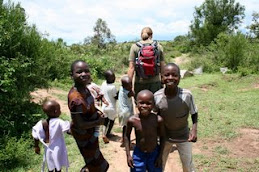











































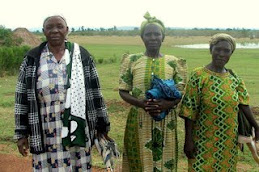

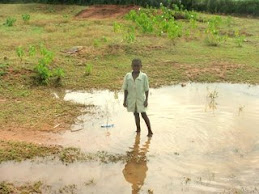

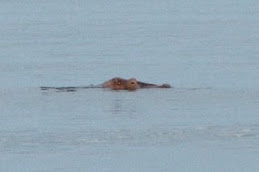



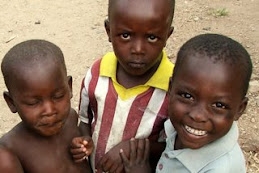


















No comments:
Post a Comment